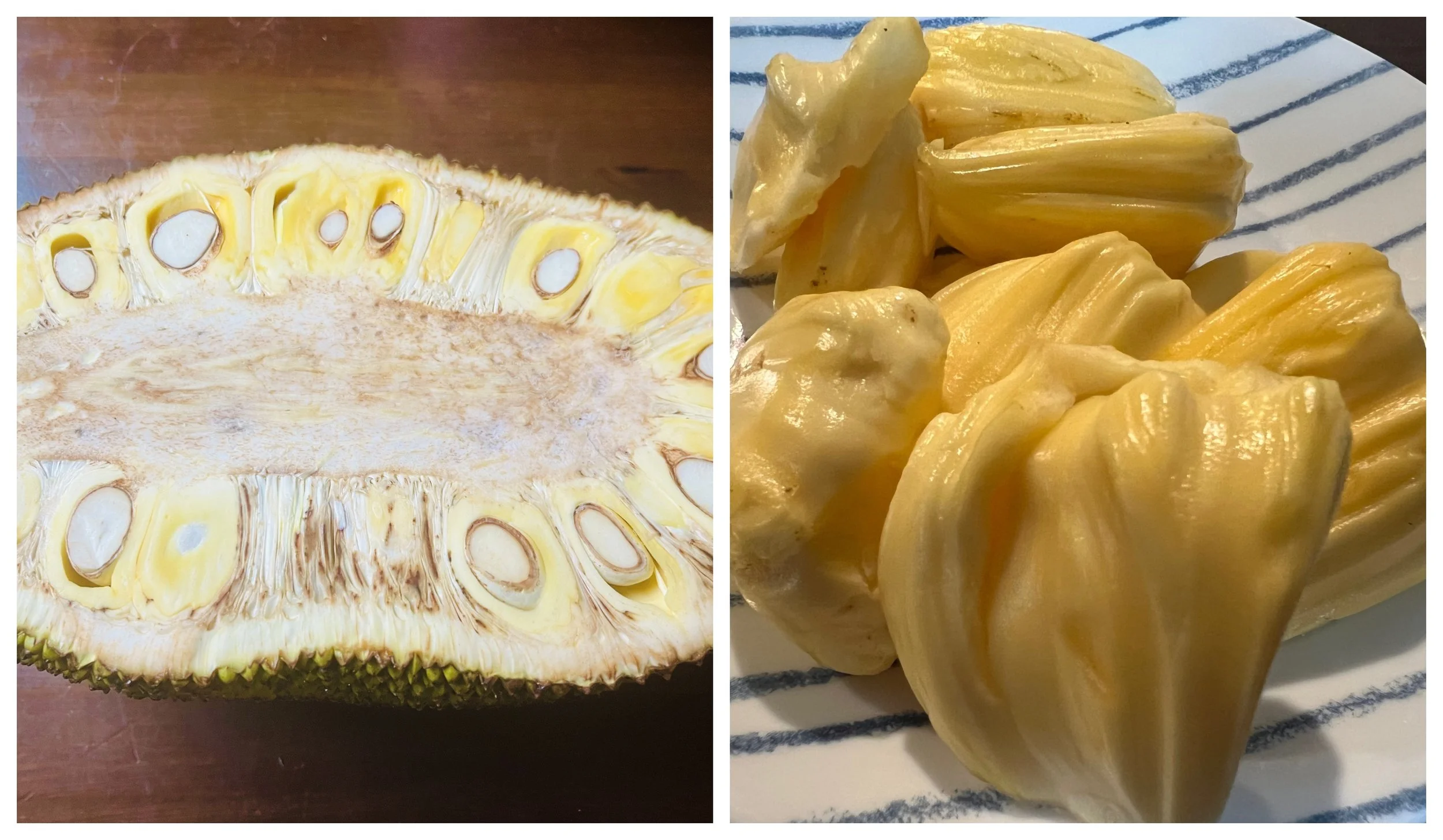
Peanuts are grown worldwide and have been used for food, oil production, and for a range of other byproducts derived from peanuts used in everyday life. China and India are some of the largest producers in the world. Peanut is technically a legume; however, it has been classified as an oil seed secondary to its high oil content. The history of peanuts dates back to the time of the Incas in Peru. In this section, we will review some of the properties of this nutrient-rich seed.
Diet composition and benefits:
Peanuts are rich in protein, fiber, polyphenols, minerals, vitamins, resveratrol, phytosterols, and antioxidants. They also contain coenzyme Q-10 and all 20 amino acids, with higher levels of arginine.
The roasting and boiling processes of peanuts seem to beneficially increase the bioavailability of these bioactive agents. The inclusion of the skin in the peanut product seems to increase the antioxidant and phenolic content of the end product.
Peanuts have a high monounsaturated fat content of more than 50%, which makes them part of a heart-healthy diet. Peanuts in the diet, roasted or boiled, may help with the maintenance of good cholesterol levels.
Consuming peanuts 2-3 times a week was associated with a 13% lower cardiovascular risk in two large prospective cohorts in the Nurses’ Health Study.
The proteins in peanuts are very bioavailable for consumption, provide the full complement of amino acids, and may be comparable to the proteins available in meat and eggs.
The peanut is highly digestible and may be considered a functional food for individuals without allergies.
Peanuts have a higher content of insoluble fiber than soluble fiber, which ensures a lower glycemic index. Peanuts also have a lower glycemic load, and when combined with high-carbohydrate foods like bagels, they can help regulate blood sugar levels. Peanuts are beneficial to diabetic patients secondary to their fiber content and low glycemic load.
Peanuts are a good source of Niacin, Folate, Thiamin, Riboflavin, Pantothenic Acid, Pyridoxine, Vitamin E, and Vitamin A.
Peanuts are also rich in iron, copper, phosphorus, manganese, zinc, and magnesium.
From the above discussion, we can see that this humble nut is rich in nutrients and can be included as part of a heart-healthy diet. As always, I wish that you keep your health in the center of your focus and live long and strong!































